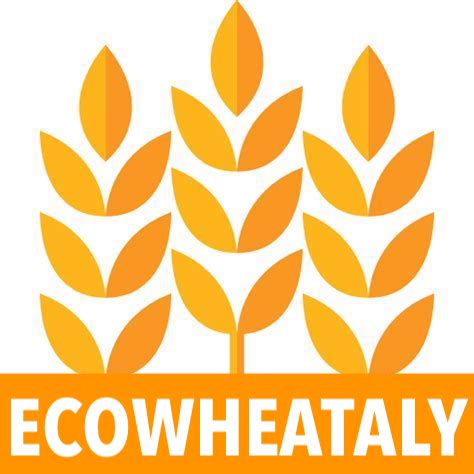Reducing the environmental impact of food production represents one of the greatest challenges to increase sustainability.
The ECOWHEATALY project focuses on the power of policies in providing economic incentives for farms switching from less to more sustainable wheat production techniques either in tranquil economic times or in times of crisis.
In this regard, ECOWHEATALY tackles this issue in a complex socio-economic and environmental interaction dynamics setting.
To deal with real-world complexity ECOWHEATALY will build an agent-based model for the wheat production system in Italy.
This model will be interfaced with an existing tool that is able to handle the international wheat markets. In this way, the double-sided interaction between farmers’ choices and international prices will be endogenously accounted for.
Indeed, a wanting in the current state of the art concerning agriculture decision-making is the poor integration of models in a global context.
ECOWHEATALY will explore different scenarios in which traditional policies are progressively replaced by alternative green policies in Italy first in tranquil times, i.e. under the assumption that no significant shocks hit both the domestic and the global system.
ECOWHEATALY integration in the international context allows an evaluation of how negative international shocks will affect the sustainability of the Italian system.
Indeed, the global context in which public authorities operate changes rapidly, requiring new tools and approaches to reduce the negative side-effects of unexpected and sudden events such as those that have been characterizing the present historical period: the international crisis in Ukraine strongly impacts the internal market not only drastically reducing the imported quantity (about –30% -40%), but also with relevant effects on many other commodities, the cost of energy rocked, followed by most inputs including chemicals and fertilizers, the selling price of agricultural commodities is also affected.
ECOWHEATALY will be an example of an open-source dynamic model that integrates the social, economic, and environmental dimensions to serve several stakeholders:
- the Italian policymakers that will have a tool for the evaluation of the possible evolution of sustainability indicators in wheat production under different policies,
- the financial institutions that could be interested in using the results of the project to promote sustainability through green finance,
- the Italian policymakers and institutions that could benefit from exploring how to prevent negative economic effects due to adverse global shocks, i.e. increase resiliency, while maintaining a high standard of environmental sustainability.
The research team will develop and document the ECOWHEATALY multiscale model to make it freely available to the scientific community for possible future applications to other countries or commodities.

